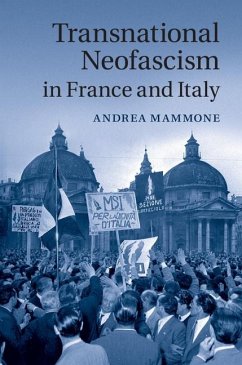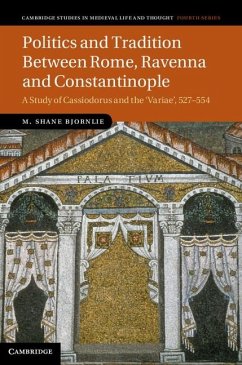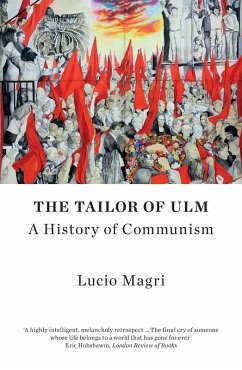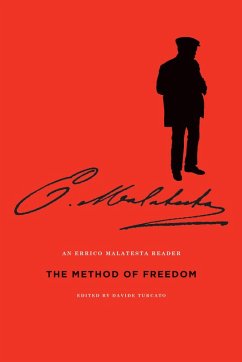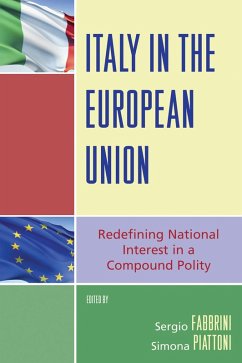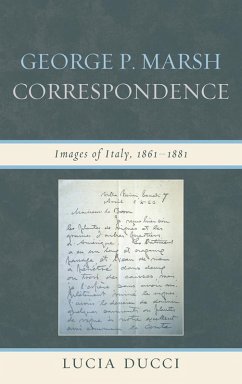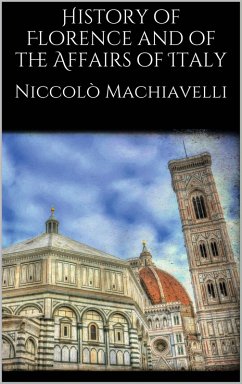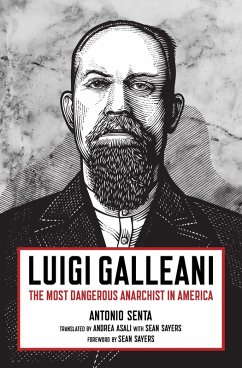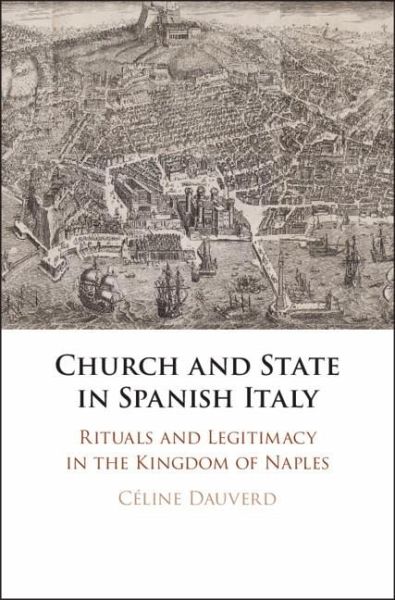
Church and State in Spanish Italy (eBook, ePUB)
Rituals and Legitimacy in the Kingdom of Naples
Versandkostenfrei!
Sofort per Download lieferbar
55,95 €
inkl. MwSt.
Weitere Ausgaben:

PAYBACK Punkte
28 °P sammeln!
In this study Celine Dauverd analyses the link between early modern imperialism and religion via the principle of 'good government'. She charts how the Spanish viceroys of southern Italy aimed to secure a new political order through their participation in religious processions, alliance-building with minority groups, and involvement in local charities. The viceroys' good government included diplomacy, compromise, and pragmatism, as well as a high degree of Christian ethics and morality, made manifest in their rapport with rituals. Spanish viceroys were not so much idealistic social reformers a...
In this study Celine Dauverd analyses the link between early modern imperialism and religion via the principle of 'good government'. She charts how the Spanish viceroys of southern Italy aimed to secure a new political order through their participation in religious processions, alliance-building with minority groups, and involvement in local charities. The viceroys' good government included diplomacy, compromise, and pragmatism, as well as a high degree of Christian ethics and morality, made manifest in their rapport with rituals. Spanish viceroys were not so much idealistic social reformers as they were legal pragmatists, committed to a political vision that ensured the longevity of the Spanish empire. The viceroys resolved the tension between Christian ideals and Spanish imperialism by building religious ties with the local community. Bringing a new approach to Euro-Mediterranean history, Dauverd shows how the viceroys secured a new political order, and re-evaluates Spain's contributions to the early modern European world.
Dieser Download kann aus rechtlichen Gründen nur mit Rechnungsadresse in A, B, BG, CY, CZ, D, DK, EW, E, FIN, F, GR, HR, H, IRL, I, LT, L, LR, M, NL, PL, P, R, S, SLO, SK ausgeliefert werden.




